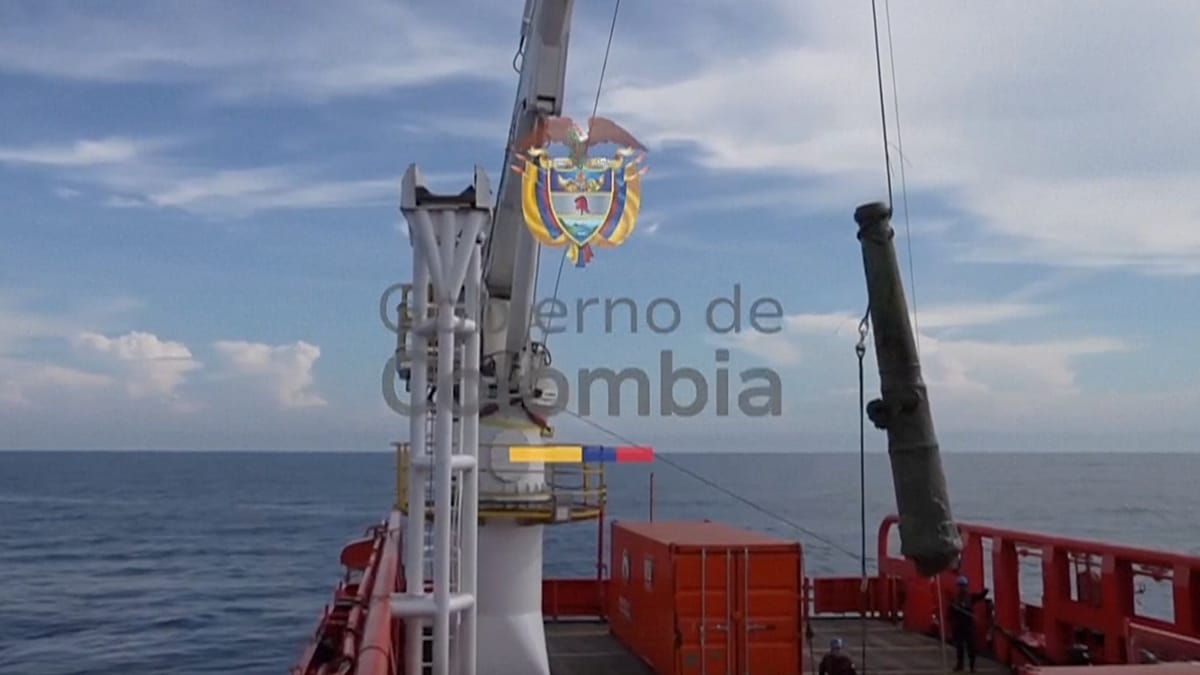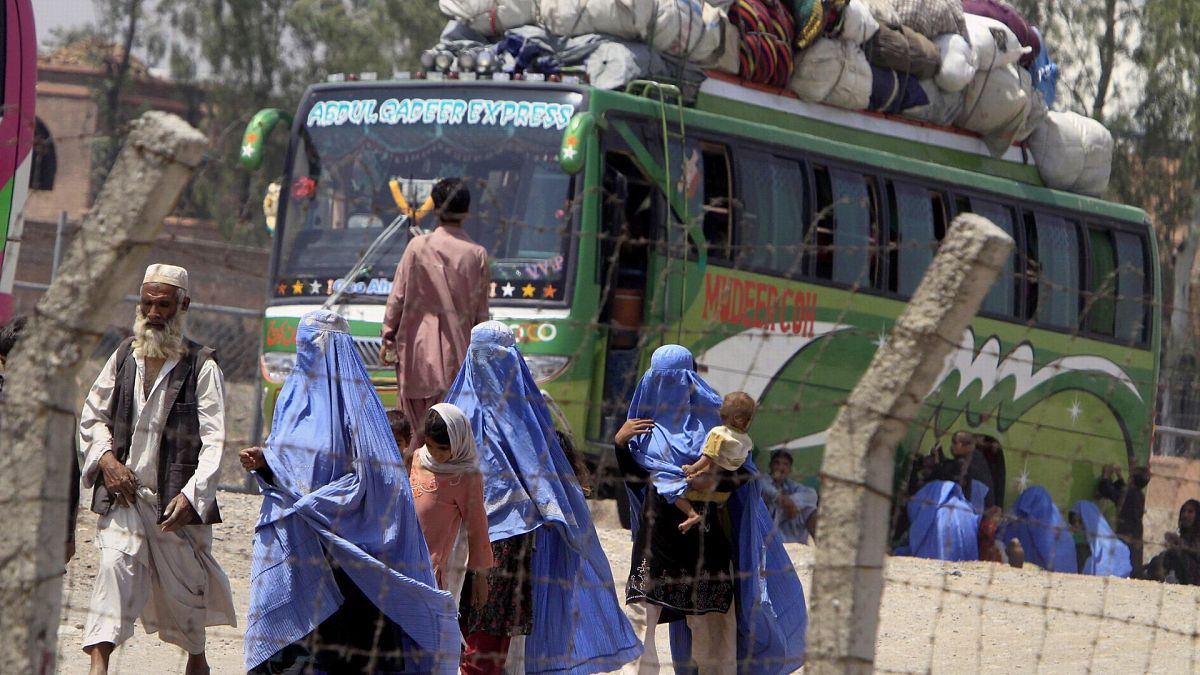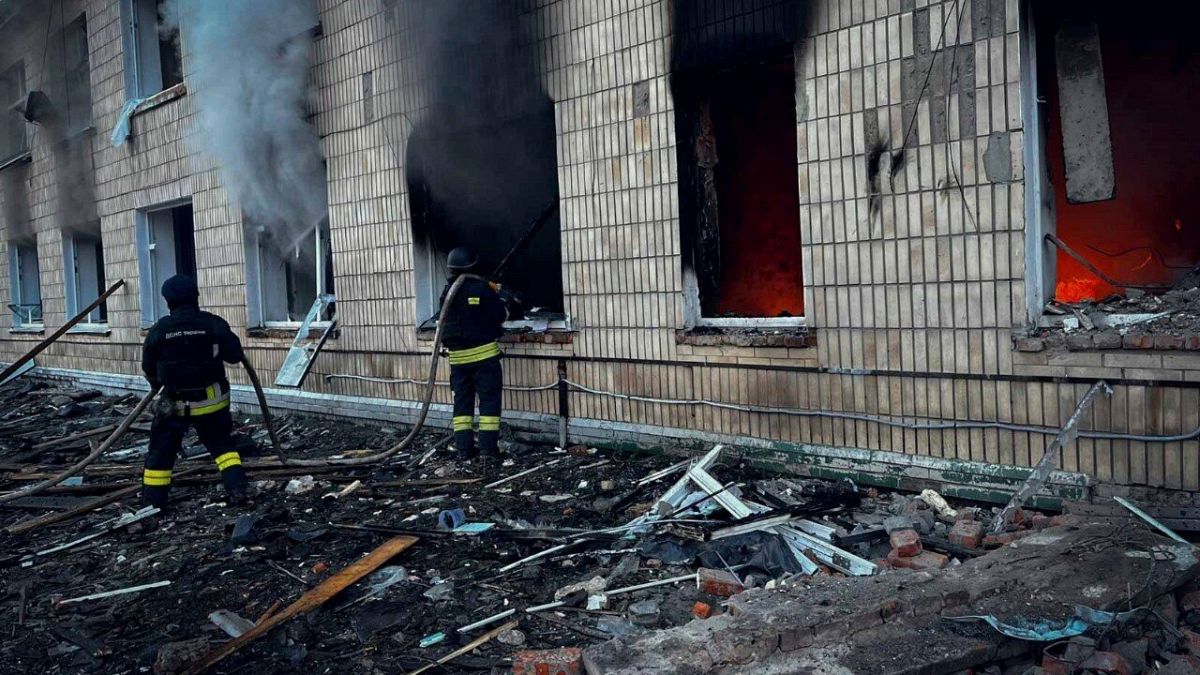Austria and Luxembourg for simpler EU deforestation regulation

Brussels – Austria, together with Luxembourg, advocated for a simpler EU deforestation regulation at the Council of EU Agriculture Ministers on Monday in Brussels, convincing numerous states. “We do not want to flood those affected in Europe with bureaucracy; we want to prevent illegal deforestation,” stated Norbert Totschnig (ÖVP), Minister for Agriculture and Forestry, before the meeting. He also criticized the risk assessment on deforestation published last week.
“Today, together with Luxembourg, we will send a clear signal for the simplification of the deforestation regulation, to whose fundamental objectives we commit,” said Totschnig. “We live in a time when we need fair framework conditions; we need planning security in the value chain and a practical implementation.” Although the EU Commission has published guidelines, they are “well-intentioned but not legally binding.” Therefore, a legislative amendment to the legal texts is needed, which the Commission should undertake as part of its omnibus initiative.
The Commission under Ursula von der Leyen has set the goal of reducing bureaucracy for companies by about a quarter overall. Reporting obligations for small and medium-sized enterprises are to be reduced by 35 percent. Previous omnibus packages concerned a shift in the supply chain law, exceptions in sustainability reporting, as well as simplified environmental requirements and controls, and more easily accessible funding for farmers.
Countries with high risk rated too low
Totschnig also criticized the risk assessment on deforestation published last week, which included three risk levels: “Countries with high deforestation risk were rated as medium,” which relativizes the efforts of “countries like Austria, which have very strict laws and operate very sustainably.” He calls for improvements here. The Commission’s first benchmarking list classifies countries according to their “low,” “normal,” or “high” deforestation risk. The assessment takes into account the production of the seven raw materials covered by the EU Deforestation Regulation (EUDR).
Austria was classified in the “low risk” category. Brazil and Indonesia, which have repeatedly faced criticism for their massive deforestation of rainforests, are in the medium category. The EU Deforestation Regulation aims to prevent products from entering the European market or being exported from there if their production involved deforestation – meaning that a forest area was permanently converted into agricultural land.
Enough money in the next EU budget for CAP demanded
German Agriculture Minister Alois Rainer stated that he supports Luxembourg’s initiative on the deforestation regulation: The EU’s initiative to “limit deforestation worldwide is a good proposal, but the bureaucratic impacts for many countries in Europe go too far,” said Rainer. “This is not necessary for us.” In the next multiannual EU budget, which will be negotiated starting this autumn, a strong Common Agricultural Policy (CAP) with strong financial support is needed. The EU Commission plans to present its proposal in mid-July.
Totschnig also reaffirmed that the financing of the CAP must have “priority for the EU” in the next multiannual EU budget. Especially in times with many geopolitical problems, “where one must balance market volatility and guarantee supply security,” sufficient funding for the CAP in the EU budget is important according to Austria’s minister.
Land&Forest Enterprises welcome initiative on deforestation regulation
“The initiative is a clear sign that the current implementation of the EUDR in its present form is not sustainable,” explains Konrad Mylius, President of Land&Forest Enterprises Austria, according to a press release. “We thank Federal Minister Norbert Totschnig for his commitment and explicitly welcome the initiative to create practical solutions for countries with demonstrably negligible deforestation risk. We also demand more transparency regarding the risk assessment and in the implementation of the regulation to ensure legal certainty for the affected enterprises.” (25.05.2025)









































